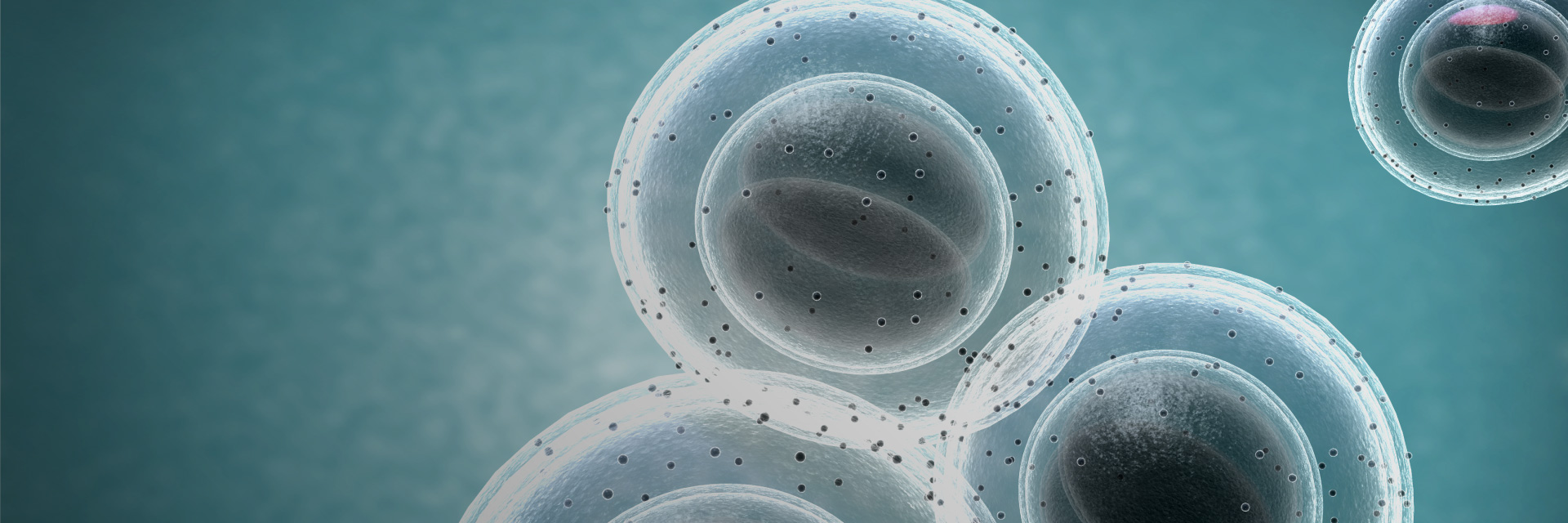Imagine the life-changing scientific discoveries that await us.
Notable scientific discoveries of 2021
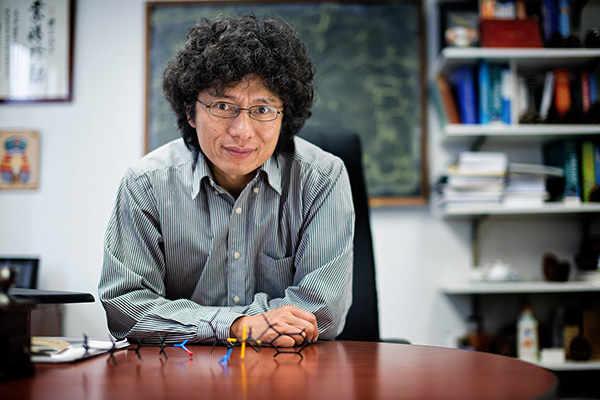
Chemist Jin-Quan Yu solved a longstanding challenge in synthetic chemistry by developing a novel method for transforming simple aliphatic acids into complex, valuable compounds. The pharmaceutical industry has begun utilizing this method to help discover new drugs.

Neuroscientist Lisa Stowers discovered a node in the brains of mice that modulates the sounds they make in social situations. Identifying similar locations in the human brain could lead to a better understanding of social disorders such as autism and depression.
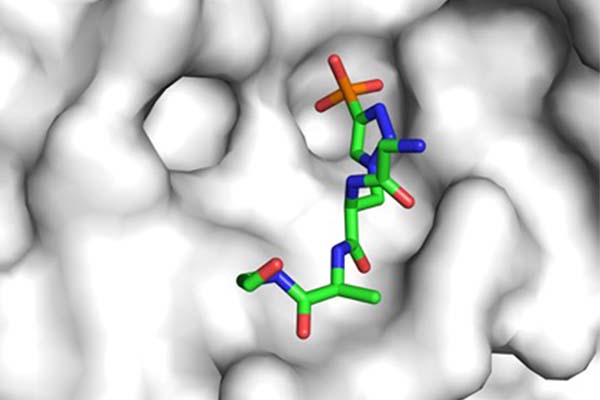
In collaboration, a structural biology team led by Ian Wilson revealed for the first time the atomic-scale details of how a set of antibodies can selectively bind to elusive molecules called phosphohistidines, which are implicated in certain forms of cancer and potentially other diseases. The discovery should enhance the use of these antibodies as powerful scientific tools.
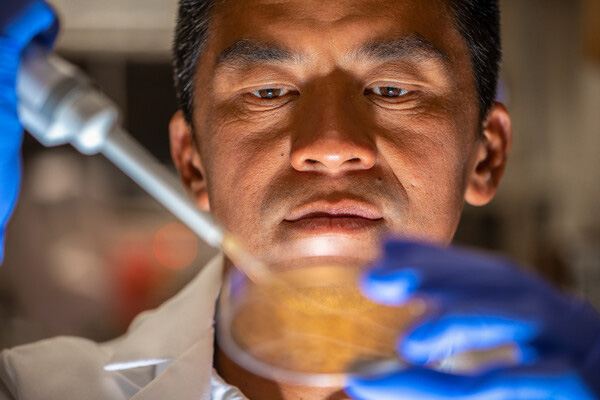
Howard Hang, a chemist in the Department of Immunology and Microbiology, explained how and why a certain species of bacteria in the digestive tract significantly improves the tumor-fighting ability of cancer drugs known as checkpoint inhibitors.
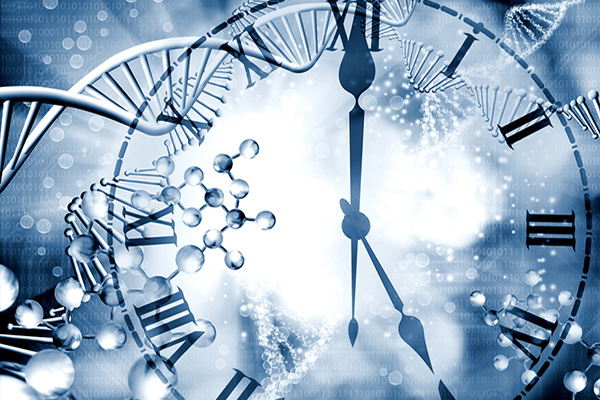
Biophysicist Katja Lamia demonstrated a clear link between the circadian clock and the body’s tumor suppression system, with the potential to accelerate cancer growth. The discovery highlights the importance of our daily cycles for cancer prevention and could potentially guide the development of circadian-based therapeutics.
Recognition and awards
- Chemist Jeff Kelly won a Breakthrough Prize in Life Sciences for inventing tafamidis, a drug that slows the progression of neurodegenerative and cardiac transthyretin diseases.
- Chi-Huey Wong won the Robert A. Welch Award in Chemistry for his seminal work in glycobiology.
- Scripps Research garnered 17 places on the global ranking of most highly cited researchers.
- Donna Blackmond was elected to the National Academy of Sciences in recognition of her distinguished work in chemical biology.
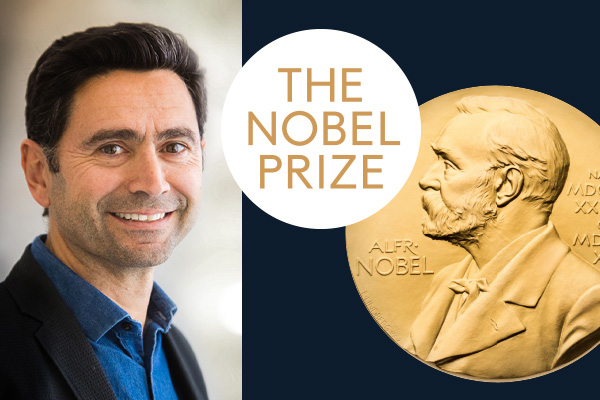
Neuroscientist Ardem Patapoutian won the 2021 Nobel Prize in Physiology or Medicine (shared with David Julius at UCSF) for discovering receptors for temperature and touch.

Contributions to human health
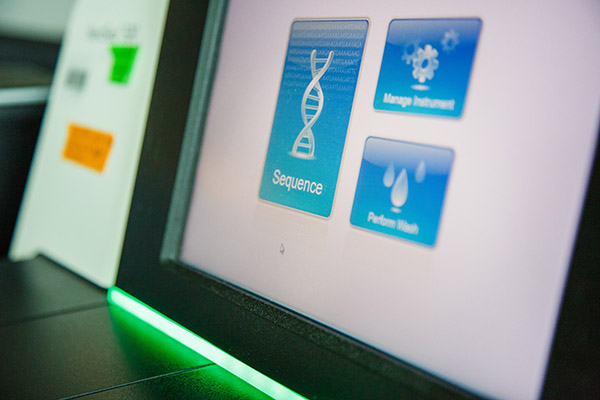
Awarded a $7.5 million contract, Scripps Research scientists partnered with a bioinformatics firm to build a data ecosystem for the National Institute of Allergy and Infectious Diseases. The ecosystem will allow researchers to securely find, access and analyze research data to speed development of diagnostics, therapeutics and vaccines.
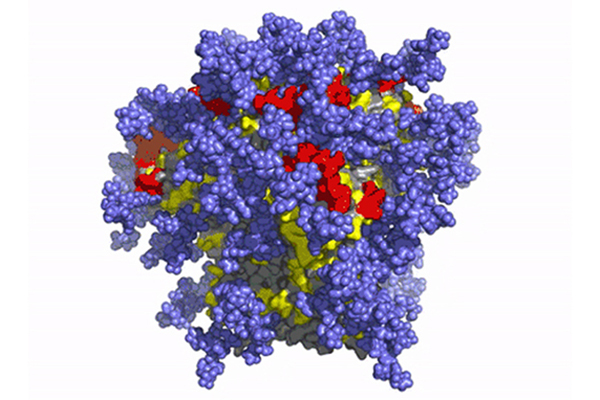
A first-in-human clinical trial confirmed that a novel HIV vaccine approach developed in partnership with the International AIDS Vaccine Initiative (IAVI) stimulated production of rare immune cells needed to start the process of generating antibodies against the fast-mutating virus. The landmark study accelerates progress toward an HIV vaccine.
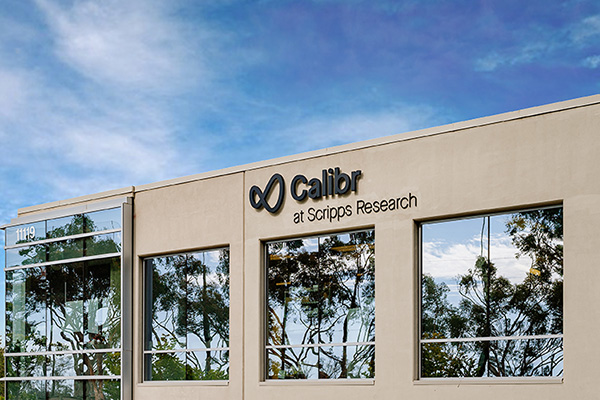
Calibr, the drug development division of Scripps Research, advanced six medicines into human clinical trials. These medicines include new cancer immunotherapies, and regenerative and reparative medicines for a variety of lung, intestinal and joint disorders.
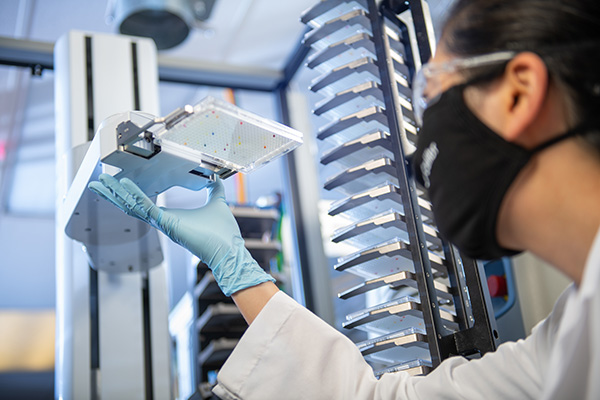
By mining the institute’s vast drug repurposing collection, ReFRAME, scientists at Calibr identified four clinically approved drugs and nine compounds in other stages of development with strong potential to be repurposed as oral drugs for COVID-19.
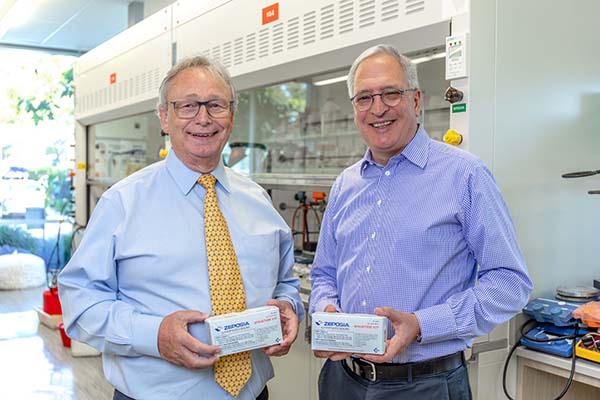
Ozanimod, the drug created at Scripps Research for the treatment of relapsing forms of multiple sclerosis, won a second FDA approval for the treatment for ulcerative colitis.

The 3-year observational results of a direct-to-participant clinical trial initiated at the Scripps Research Translational Institute found that people who wore heart rhythm-recording patches for early detection of atrial fibrillation (AFib) had a lower rate of stroke, heart attack or other major vessel-blocking blood clots, when compared to a control group. The study supports the idea that wearable tech together with screening could reduce the risks of adverse cardiovascular events.
